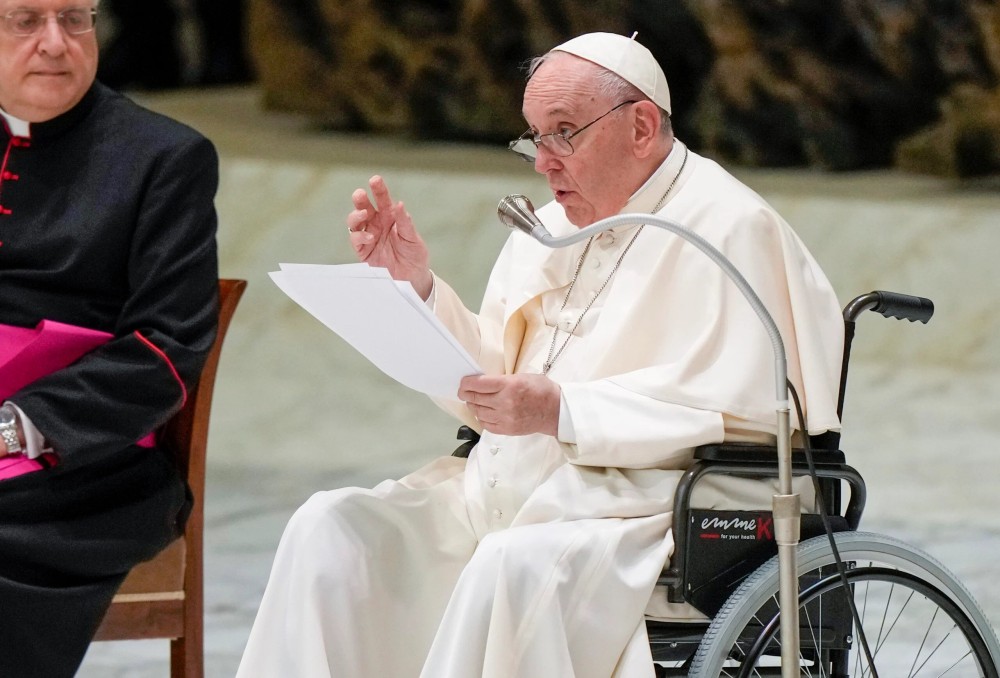Adviser to Pope Francis calls resignation rumors ‘cheap soap opera’

In an interview published June 8, Cardinal Óscar Andrés Rodríguez Maradiaga dismissed rumors circulating in the media that the pope might resign as nothing more than “a cheap soap opera.”
According to Rodríguez Maradiaga, who advises the pope within the Council of Cardinals, news reports suggesting Pope Francis’s physical decline will soon lead to a new conclave are “fake news” perpetrated by outlets located primarily in the United States, where, he added, the pope notoriously faces “strong opposition.”
“He has never thought about [resigning],” Rodríguez Maradiaga said in the interview with Spanish news outlet EFE. Rodríguez Maradiaga is coordinator of the Council of Cardinals, also known as the Council of Cardinal Advisers, which helps the pope in the management of Vatican and church affairs, and he is considered to be in the pope’s inner circle.




